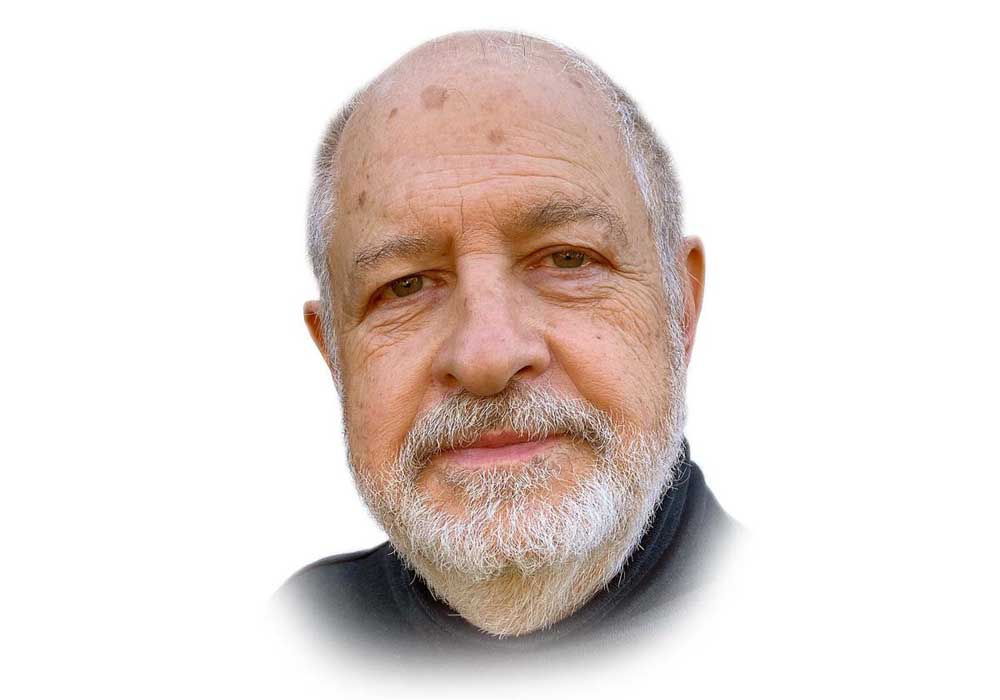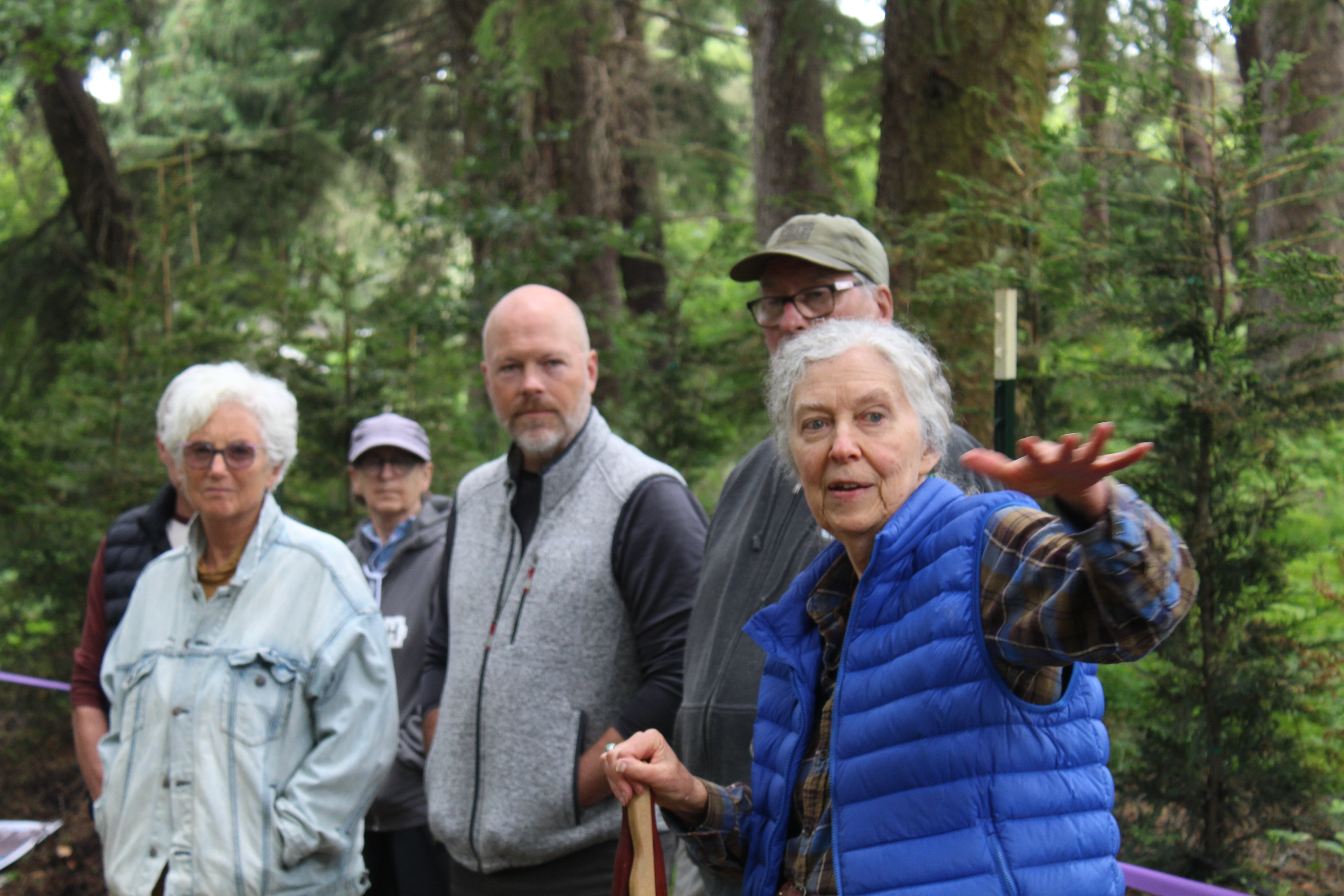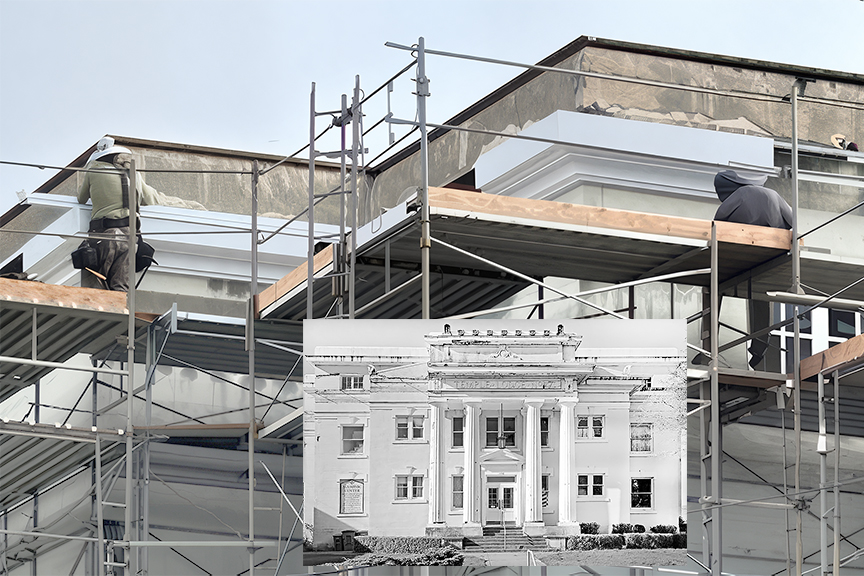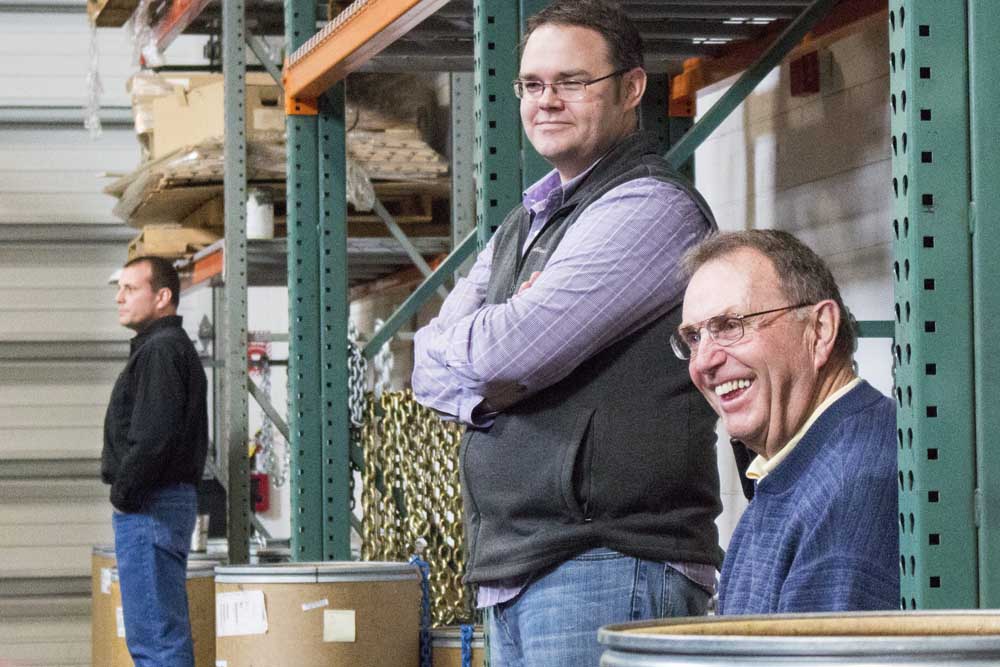Guest Column: Prayer ruling raises questions
Published 12:15 am Tuesday, July 26, 2022

- Andre Stepankowsky
On first glance, the U.S. Supreme Court’s decision in the case of a former Bremerton High School assistant football coach seems like a reasonable constitutional balancing act.
Trending
Yet it is raising questions and concerns about the court and the role of religion in public life.
The high court ruled late last month that Joseph Kennedy legally could offer a “short, private, personal prayer” on the field after games. It found that the school district, by ordering him to stop, unconstitutionally deprived him of his right to practice his faith.
At issue was whether the Kennedy’s postgame prayer at midfield violated this First Amendment clause: “Congress shall make no law respecting an establishment of religion, or prohibiting the free exercise thereof.”
Trending
This phrase has been interpreted to mean that public employees cannot engage in religious activity while on duty. This is why the Supreme Court ruled in 1962, for example, that it is unconstitutional for a teacher to lead a class in prayer at a public school.
Conservative critics complained that the clause has been applied so strictly that it’s mandating freedom from religion, interfering with people’s right to practice their faith. However, knowing that innumerable wars and atrocities have taken place in the name of faith, the nation’s founders clearly wanted a wall to separate church and state.
The Kennedy case hinged on whether he prayed as a private citizen or whether his act could be construed as government endorsement of religion.
The justices found that the district had punished Kennedy in 2015 for “engaging in a personal religious observance, based on a mistaken view that it has a duty to suppress religious observances even as it allows comparable secular speech.”
Fair enough. But what if Kennedy had been a Muslim instead of a Christian and had spread a blanket on the grass and prayed toward Mecca? Would he have had much public backing — like when 500 people rushed the field in support when Kennedy announced in 2015 that he would pray in defiance of a school district order to stop? Would he have had the support of a conservative organization that assisted his fight all the way to the Supreme Court?”
The justices — and the public — need to understand that the ruling applies to people of all faiths.
And there’s new fodder for debate here: When does a prominent public employee shed his or her official role? What else can be construed as “private” prayer if its OK for a coach to pray in the hubbub of a postgame football field?
More troubling, however, is an issue highlighted by Seattle Times columnist Danny Westneat. Kennedy’s lawyers described Kennedy as “a lone and silent sentinel, joined only by his convictions” during his postgame prayer, according to Westneat.
Trouble is, Kennedy himself has said he prayed with students to help them. He took his inspiration from an evangelical Christian movie called “Facing the Giants,” in which a losing team wins a state championship after finding God.
Kennedy “has held his postgame ritual at midfield after each game for a motivational talk and prayer ever since,” a Times story recounted.
An appellate court judge — a President George W. Bush appointee — called out the whole case last year as built on a “deceitful narrative.”
“The facts in the record utterly belie (Kennedy’s) contention that the prayer was personal and private,” according to Judge Milan Smith.
However, the Supreme Court bought the distorted narrative, prompting Westneat to write of the high court’s “originalist” bent: “If they’re going to parse 250-year-old histories, it’s worrisome how much trouble they had getting a seven-year-old story straight.”
Unfortunately, facts don’t seem to matter in politics these days, but it’s especially frightening when the nation’s highest court ignores them. Facts are the heart of justice. The Kennedy ruling suggests the court majority will dodge or skew them in order to fit an ideological bias.
Critics of the Kennedy decision say it indicates that a conservative majority on the high court is pushing a conservative Christian agenda. They make the same claim about the Dobbs ruling reversing the 1973 Roe v. Wade decision, which said women have a right to obtain abortions.
This all raises the questions of what role religion should play in politics and society. Certainly, it’s clear that governments cannot endorse any specific faith or take marching orders from religious leaders. But, regarding Dobbs, how do you disentangle the abortion debate from religious and spiritual values?
The public overwhelmingly believes strongly in the separation of church and state. Nearly two-thirds of Americans in a 2019 Pew Research Center survey say houses of worship should keep out of political matters, while 36% say they should express their views on day-to-day social and political questions. Three-quarters of the public said churches should not endorse candidates for elective office
Certainly, faith should inform our decisions, serving as moral, spiritual and ethical guides. Many deeply regarded religious leaders have led heroic political causes. Martin Luther King Jr. fought segregation. Catholic priests opposed the Vietnam War. German theologian Dietrich Bonhoeffer was martyred for opposing the Nazis.
Our ethics and values are shaped by many sources, including religion, and they inevitably influence our political decisions. This nation’s founders viewed religion as key to forming enlightened, virtuous citizens that are essential to democracy. None, however, wanted political leaders subject to sectarian rule any more than they wanted to interfere with religious faith.
There is tension here, and deciding where and how to draw the line continues to be a challenge.









